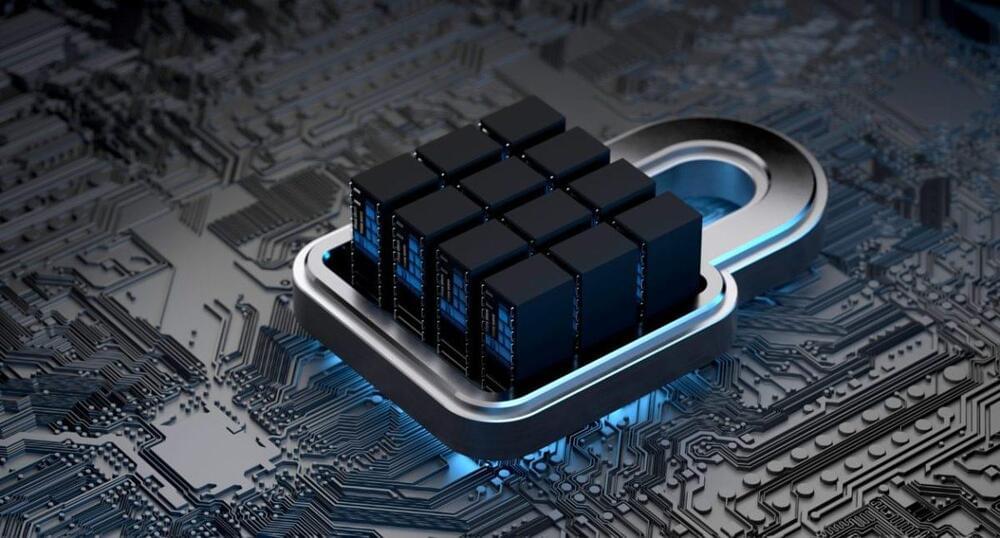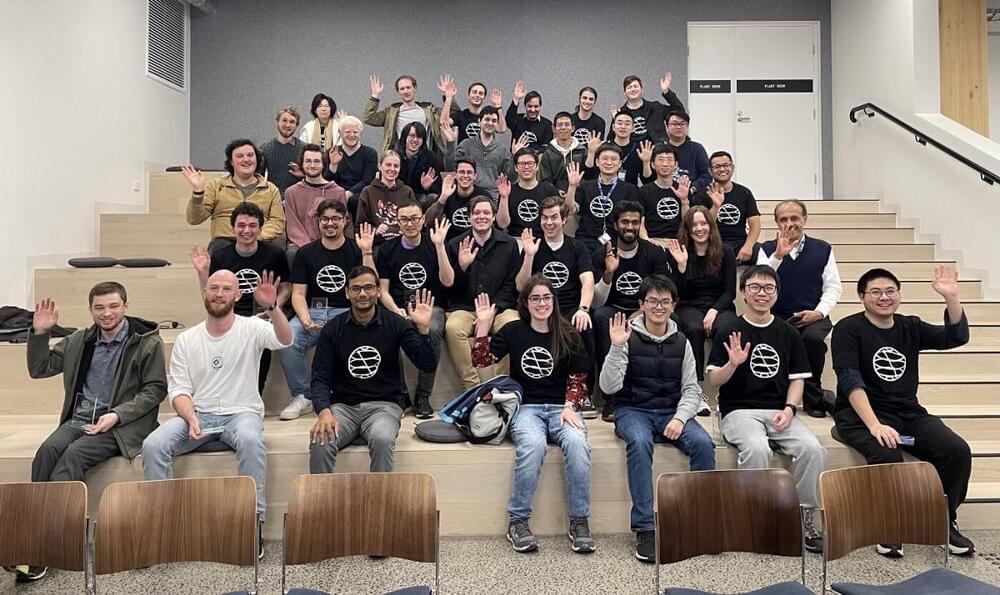Were you unable to attend Transform 2022? Check out all of the summit sessions in our on-demand library now! Watch here.
Despite a massive increase in cybersecurity investments, companies saw data breaches for the first quarter of 2022 soar, even after reaching a historical high in 2021 according to the Identity Theft Resource Center (ITRC). Additionally, the ITRC report adds that approximately 92% of these breaches were linked to cyberattacks.
Phishing, cloud misconfiguration, ransomware and nation-state-inspired attacks ranked high for the second year in a row on global threats lists. So, why are attacks on the rise if more security solutions have been implemented? Should security investment shift its focus from reactive solutions to proactive strategies?






